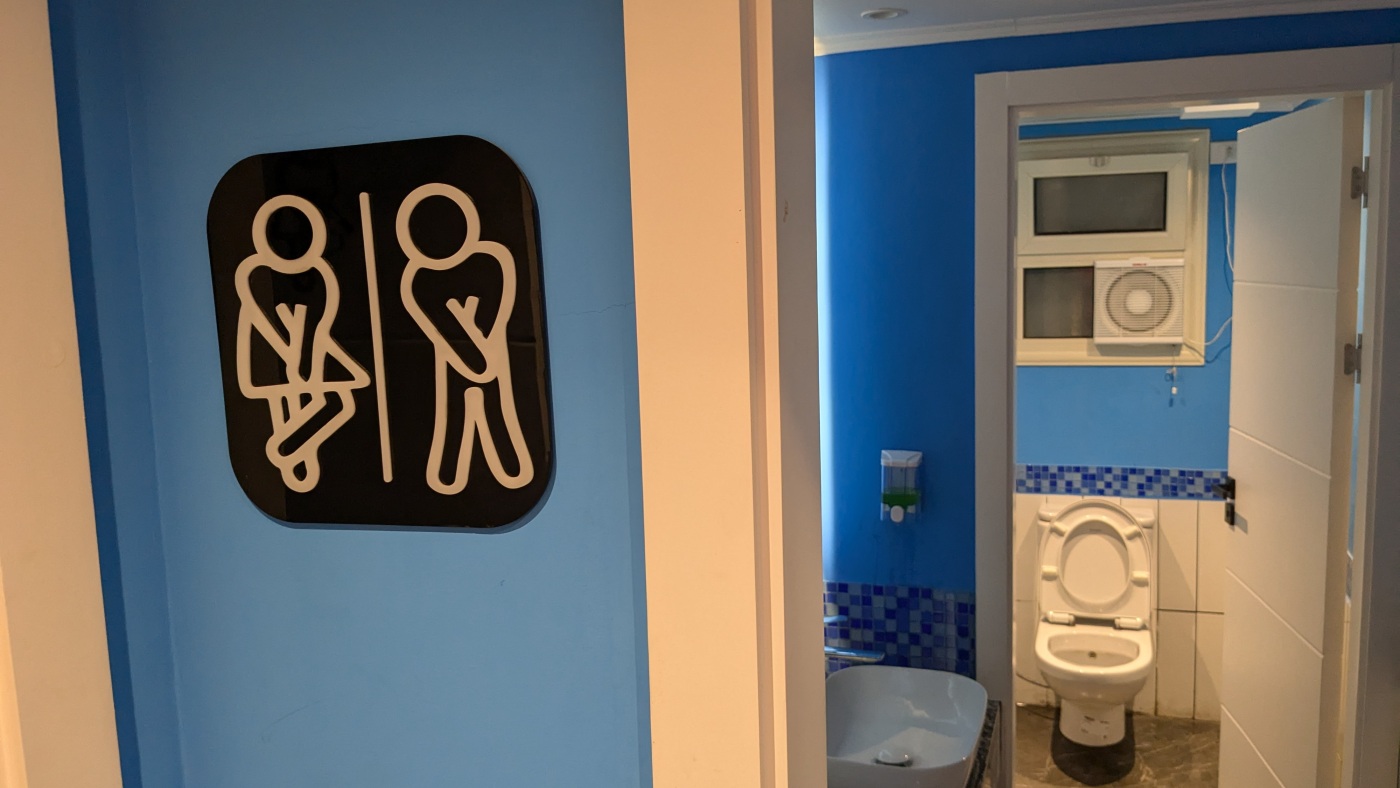
"Now it sure would be great if everyone on Earth had a toilet. But ... unless that toilet is hooked up to an effective and sanitary sewage disposal system, it would just be a porcelain throne. "What the world needs is not toilets," says Dr. Stephen Luby, a professor of medicine at Stanford University and senior fellow at the Woods Institute for the Environment. "Low income communities need effective sewers and sanitation that separate their water and food from the human fecal stream.""
"On a visit to a community in Nairobi, Kenya, I saw diapers floating amid the trash in a water-filled gutter on a bustling dirt road. And there were piles of "flying toilets," too. That's what it's called when people have to poop, use a plastic bag and fling it outside. It's not a new thing, by the way. People used to poop in buckets and throw it out the window in Europe in the 1800s."
World Toilet Day on November 19 highlights that 3.4 billion people lack safely managed sanitation and over 300 million practice open defecation. A standalone toilet without sanitary sewage disposal can still allow fecal contamination of water and food. In some communities diapers and plastic "flying toilets" pollute gutters and streets. Historical waste disposal included buckets and throwing waste from windows in 1800s Europe. Growing global population demands substantial engineering to handle sewage safely. Sewage systems represent hidden public-health costs and, in high-income countries, require large volumes of water to transport waste to treatment plants.
Read at www.npr.org
Unable to calculate read time
Collection
[
|
...
]